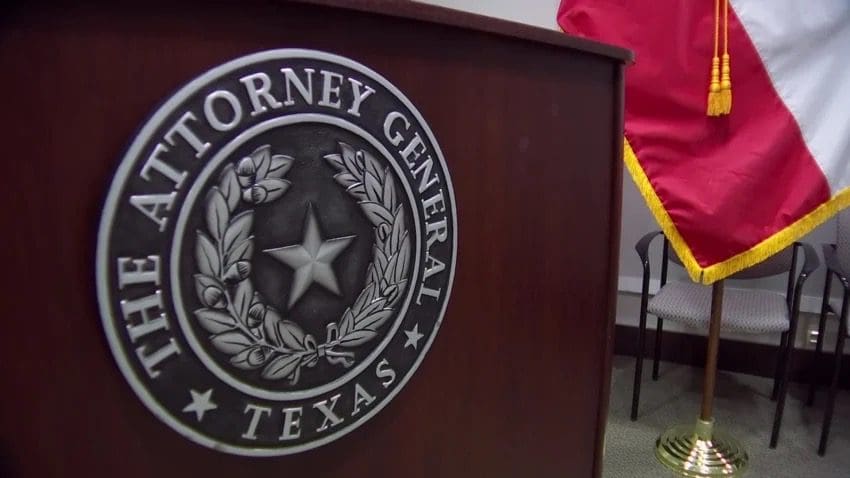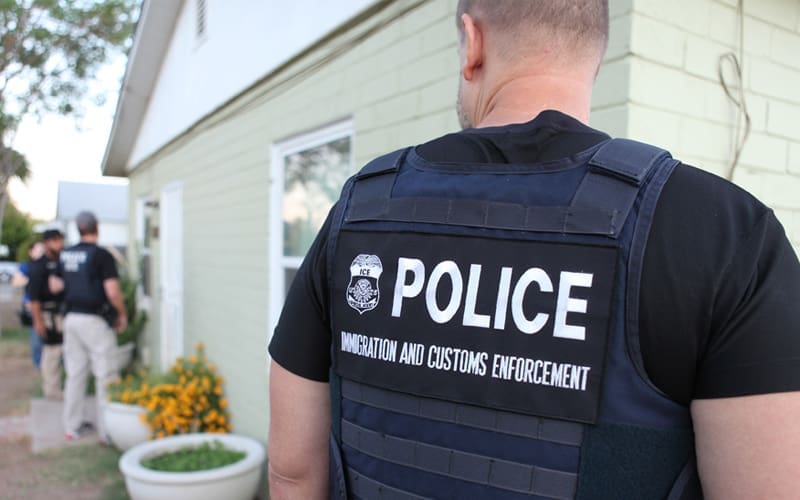Attorney General Ken Paxton announced that his Criminal Investigative Division has detained and turned over for deportation 35 illegal aliens.
According to the attorney general’s office, the arrests were carried out under the framework of a Section 287(g) agreement with U.S. Immigration and Customs Enforcement. The agreement allows trained state law enforcement personnel to perform immigration officer functions that include verifying immigration status, issuing detainers, and processing individuals for removal under federal law.
“Through our partnership with the Trump Administration, Texas is a safer place,” Paxton said. “Every illegal must be found, detained, and deported. The invasion of illegal aliens encouraged by the Biden Administration represented one of the greatest threats to national sovereignty in our history. We will defend the American homeland by deporting the illegal aliens threatening to alter the fabric of our country.”
After President Donald Trump’s inauguration in January, he signed an executive order directing the U.S. Department of Homeland Security to expand cooperation with states on immigration enforcement.
The Office of the Attorney General quickly joined the Section 287(g) initiative. In February 2025, Paxton became the first law enforcement official in the state to sign a new 287(g) agreement, marking a renewal of the model Trump’s first administration used to accelerate deportations through local partnerships.
Texas lawmakers also passed Senate Bill 8, which institutionalizes cooperation with federal authorities under 287(g). The law—authored by State Sen. Charles Schwertner (R–Georgetown) and signed earlier this year—sets new statewide requirements and funding mechanisms for county sheriffs to join.
Under SB 8, every county sheriff in Texas must formally request and, if offered, enter into a 287(g) agreement with ICE. State grants are available to offset training and program costs, with the funding tiers tied to the county’s population. The Texas Comptroller is authorized to administer grants and funding for participating departments.
The intent behind SB 8, which takes effect on January 1, was to ensure consistent enforcement across Texas counties after years of uneven participation. The measure also establishes oversight provisions and requires the attorney general to issue annual compliance reports to state leadership.
Paxton’s 287(g) partnership represents the first time a state attorney general’s office, rather than a local agency, has assumed direct enforcement powers under the program—a development that could shift national debates over the roles of state governments in federal immigration policy.





